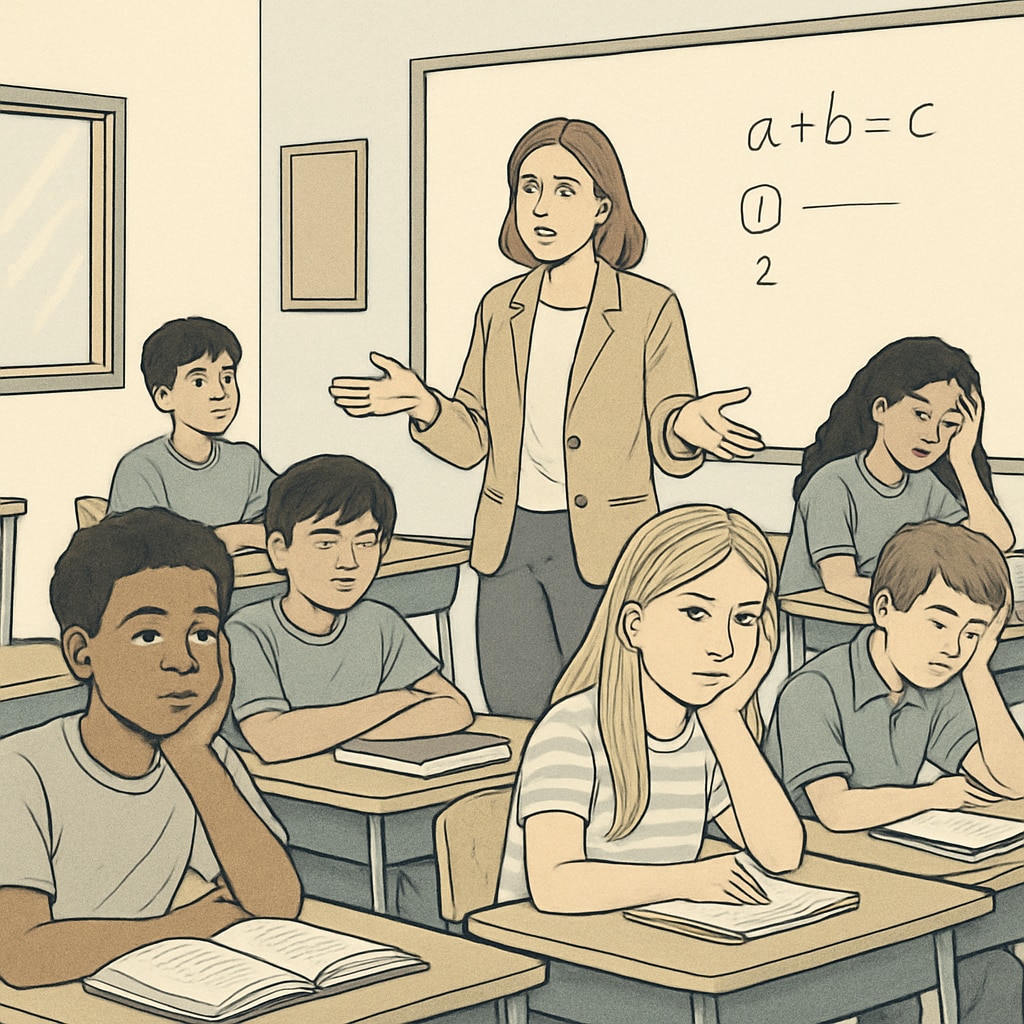The crisis of academic supervisors providing improper guidance due to professional capability gaps has become a critical threat to educational quality. A recent case involving a middle school mathematics teacher reveals how leadership incompetence cascades into classroom chaos, safety hazards, and demoralized educators. Research from the RAND Corporation shows 37% of teachers consider administrative support their top workplace challenge.
The High Cost of Unqualified Educational Leadership
When individuals without pedagogical expertise assume supervisory roles, they frequently:
- Issue curriculum directives contradicting evidence-based practices
- Overrule teachers’ professional judgments without justification
- Create unsafe learning environments through negligence

Systemic Consequences of Inadequate Supervision
The National Association of Secondary School Principals (NASSP) identifies three critical failure points when supervisors lack qualifications:
- Instructional erosion – Mandating outdated teaching methods
- Safety compromises – Ignoring protocol violations
- Talent drain – Driving experienced educators away
For example, a science teacher reported being ordered to eliminate lab experiments despite research showing hands-on learning improves retention by 72%. Meanwhile, disciplinary cases surged after an administrator dismissed bullying complaints as “normal peer interaction.”
Pathways to Reform
Four evidence-based solutions could address this leadership crisis:
- Implement competency-based hiring using validated assessment tools
- Require ongoing professional development for administrators
- Establish teacher-administrator feedback loops
- Create clear accountability metrics for supervisory roles

Transitional note: While changing entrenched systems requires persistence, the alternative – perpetuating environments where academic supervisors provide improper guidance due to professional capability gaps – remains unacceptable for students and educators alike.


